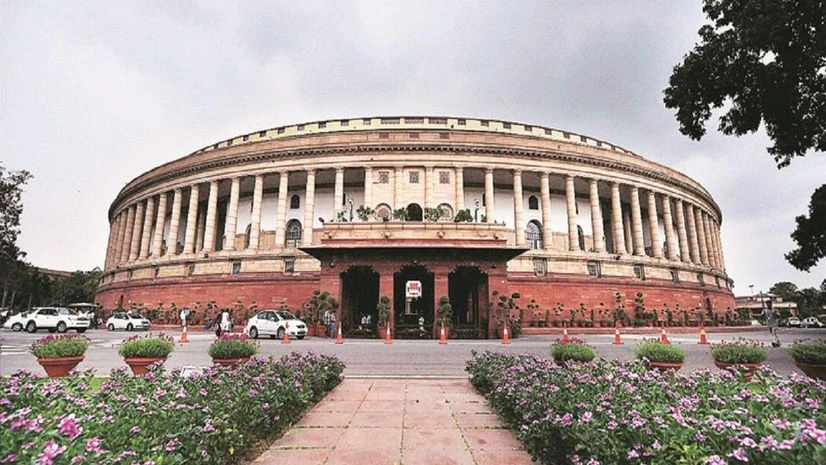Amid the ongoing debate on the quality of official data, the government on Monday informed the Rajya Sabha that it had no proposal to empower the National Statistical Commission (NSC) by bringing an enabling legislation.
In response to a question whether the government is planning to empower the NSC by insulating the selection process from political bias, Rao Inderjit Singh, minister of state for statistics and programme implementation, said the chairman and members of the NSC are selected on the basis of the recommendations of a search committee duly constituted by the government from time to time. “In view of this, at present, there is no such proposal under consideration,” he said.
Besides, the minister said that since there is no proposal for such legislation, providing the NSC with financial autonomy and creating a technically equipped entity with statutory powers to oversee the statistical system does not arise.
In line with the Rangarajan Commission’s recommendations on June 1, 2005, the Centre set up a NSC to serve as a nodal and empowered body for all core statistical activities of the country. This was authorised to evolve, monitor, and enforce statistical priorities and standards and to ensure statistical coordination among the different agencies involved. As on date, the NSC consists of a chairman (Rajeeva Laxman Karandikar), two members, and one ex-officio member.
In response to another question on the timelines to generate primary data for important studies like consumer expenditure survey and economic census not being adhered to, the minister said the fieldwork for the 7th Economic Census was envisaged to be completed in the three months’ time from its launch in July 2019. “However, due to several operational challenges with the implementing agency, collection of primary data could not be completed as envisaged and it was stretched up to March 2021,” he added.
He replied that as a systemic measure to improve the timely publication of data, modern IT tools are being adopted by MoSPI and all the surveys of NSSO are being conducted in CAPI (Computer Assisted Personal Interview), loaded with in-built Computer Scrutiny Points (CSP), for data validation at different stages of data capturing which is a cloud based digital platform ensuring simultaneous data processing.
“It enables faster validation and improved data quality along with the time cycle involved in publishing the survey result,” he said.

)
